Ultimate Gaming Ethernet Cable: Lag-Free Play in 2025
Let&s be honest, there&s nothing quite as soul-crushing for a gamer as that dreaded lag spike. You’re lining up the perfect headshot, about to clutch the round, and suddenly your character freezes, rubber-bands, or worse, you’re looking at a disconnection message. If you’ve been battling these digital demons with a Wi-Fi connection, it&s time for a serious upgrade. As someone who&s spent countless hours not just playing games but also optimizing network setups for both personal use and client projects (yes, even for high-stakes online tournaments!), I can tell you this: a reliable ethernet cable is your ultimate secret weapon.
Forget the frustrations of dropped packets, inconsistent speeds, and high ping. In the world of competitive online gaming, a stable, low-latency connection isn&t a luxury; it&s a necessity. This article will dive deep into why an ethernet connection reigns supreme, what kind of cable you actually need, and how to set yourself up for an unparalleled gaming experience. Let’s cut the cord, literally, and embrace the power of wired.
 ethernet cables for gaming setups, showing various colors and lengths connected to a router and a PC.”/>
ethernet cables for gaming setups, showing various colors and lengths connected to a router and a PC.”/>
Upgrade your gaming rig with the right ethernet cable for peak performance.
Why is a Wired Connection Superior for Gaming?
Direct Answer: Wired connections via an ethernet cable offer unmatched stability, consistent speeds, and significantly lower latency compared to Wi-Fi, making them the gold standard for any serious gamer.
When you&re gaming online, every millisecond counts. Wi-Fi, while incredibly convenient, transmits data through the air, making it susceptible to a myriad of interferences. Think about all the devices in your home – microwaves, cordless phones, other Wi-Fi networks, even your neighbor’s router – all vying for the same airwaves. This competition leads to signal degradation, packet loss, and unpredictable latency (ping).
An ethernet connection, on the other hand, provides a direct, physical pathway for your data. It&s like having a dedicated express lane for your game traffic. This direct link bypasses all the wireless interference, resulting in:
- Lower Latency (Ping): This is the time it takes for data to travel from your device to the game server and back. Lower ping means less delay between your actions and what happens in the game, giving you a crucial competitive edge.
- Consistent Bandwidth: Your download and upload speeds will be far more stable and closer to what your Internet Service Provider (ISP) promises, without the fluctuations common with Wi-Fi.
- Reliability: Fewer disconnections and less packet loss mean a smoother, more enjoyable gaming session without unexpected interruptions.
What Exactly is an ethernet Cable?
Direct Answer: An ethernet cable is a network cable that connects devices like your PC, gaming console, or smart TV to a local area network (LAN), providing a physical, high-speed data link to your router or modem.
At its core, an ethernet cable is a network cable designed to transmit data packets between devices. It typically consists of multiple twisted pairs of wires, encased in a protective sheath, and terminated with an RJ45 connector on each end. These connectors plug into the ethernet ports found on most modern computers, consoles, routers, and switches. While the fundamental purpose remains the same, these cables come in various “categories,” each with different specifications for speed and bandwidth, which we&ll explore next.
Which Category of ethernet Cable Should Gamers Use? (Cat5e, Cat6, Cat6a, Cat7, Cat8)
Direct Answer: For the vast majority of gaming setups, a Cat6 or Cat6a ethernet cable offers the best balance of performance, future-proofing, and cost-effectiveness. Anything higher is usually overkill for home use.
Understanding the different categories can be a bit like deciphering a secret code, but it&s simpler than you think:
- Cat5e (Category 5 enhanced): This is the most common and often the minimum standard. It supports speeds up to 1 Gigabit per second (Gbps) over 100 meters. For basic gaming on a slower internet connection, it might suffice, but it&s quickly becoming outdated.
- Cat6 (Category 6): A significant step up, Cat6 supports speeds up to 1 Gbps at 100 meters, but it can also achieve 10 Gbps over shorter distances (up to 55 meters). Crucially, it offers better noise reduction and less crosstalk than Cat5e, which translates to more stable performance. This is generally considered the sweet spot for modern gaming.
- Cat6a (Category 6 augmented): The “a” stands for augmented, meaning it improves upon Cat6. It supports 10 Gbps speeds over the full 100-meter distance and offers even better noise reduction. If you have a gigabit internet connection and want to future-proof your setup, Cat6a is an excellent choice.
- Cat7 (Category 7): Designed for 10 Gbps over 100 meters, Cat7 also introduces individual shielding for each wire pair, as well as overall shielding. While technically more capable, it often uses a different connector (GG45) and offers little practical benefit over Cat6a for home gaming, especially given its higher cost and stiffness.
- Cat8 (Category 8): This is the latest and greatest, supporting mind-boggling speeds of 25 Gbps or even 40 Gbps over shorter distances (up to 30 meters). Cat8 is primarily for data centers and enterprise applications. For home gaming, it&s extreme overkill, expensive, and your router/modem likely won&t even support these speeds.
Practical Advice: Don&t get caught up in the marketing hype for Cat7 or Cat8 for your home gaming setup. A high-quality Cat6 or Cat6a cable from reputable brands like Monoprice or Cable Matters will serve you exceptionally well without breaking the bank.
Does Cable Length Affect Performance?
Direct Answer: While shorter cables generally exhibit slightly less signal degradation, modern ethernet cables can maintain high speeds and reliable performance over significant distances (up to 100 meters or 328 feet) without any noticeable impact on typical home gaming experiences.
The technical specifications for ethernet cables allow for reliable data transmission up to 100 meters (about 328 feet). Within this range, any minimal signal loss is imperceptible for daily use, including demanding online gaming. It&s only when you exceed this limit that you&ll start to experience significant performance degradation or connection issues. So, feel free to run that cable from your router to your gaming rig across the room or even through a wall without worrying about your ping rates.
Shielded vs. Unshielded: Does it Matter for Gaming?
Direct Answer: For most home and office gaming environments, an unshielded twisted pair (UTP) ethernet cable is perfectly sufficient. Shielded (STP or FTP) cables are typically only necessary in environments with high electromagnetic interference (EMI).
Let&s break it down:
- UTP (Unshielded Twisted Pair): These are the most common and affordable ethernet cables. The twisting of the wire pairs helps to cancel out electromagnetic interference, making them suitable for the majority of home networks.
- STP/FTP (Shielded Twisted Pair / Foiled Twisted Pair): These cables incorporate extra layers of shielding (foil or braid) around individual wire pairs or the entire bundle. This additional shielding offers superior protection against external electromagnetic interference.
When would you need shielded cables? If you&re running your ethernet cable alongside high-power electrical lines, near heavy machinery, or in areas with strong radio frequency (RF) interference, then shielded cables might offer a benefit. However, for a typical home setup where your cable isn&t snaking through an industrial zone, UTP is more than adequate. Shielded cables are also stiffer, harder to work with, and require proper grounding to be effective, which can add complexity to installation.
How Do I Set Up My ethernet Cable for Optimal Gaming?
Direct Answer: Setting up an ethernet cable for gaming is incredibly straightforward: simply plug one end into an available LAN port on your router or modem and the other end into the ethernet port on your PC or gaming console.
Shop Related Products on eBay
Find the best deals on these recommended products:
… (Content truncated for length) …
About the Author:
Poly Kaza is a seasoned technology journalist and wearable tech enthusiast with over a decade of experience reviewing and analyzing the latest innovations in smart devices. He has a deep understanding of the underlying technologies that power smartwatches and a passion for helping consumers make informed decisions about their digital companions. His work focuses on bridging the gap between complex technical specifications and practical user experience, with a keen eye on how wearables impact daily life and health.
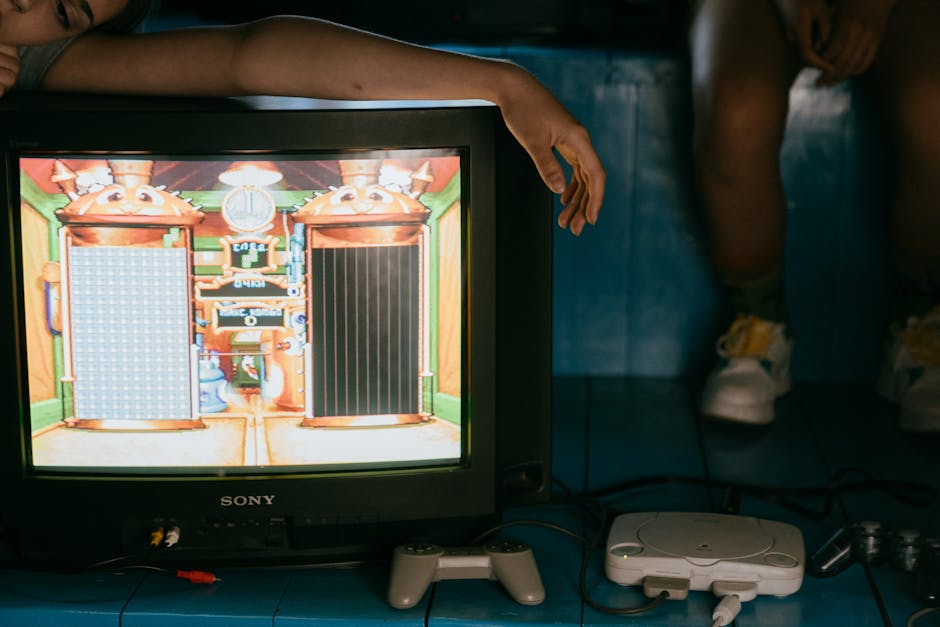
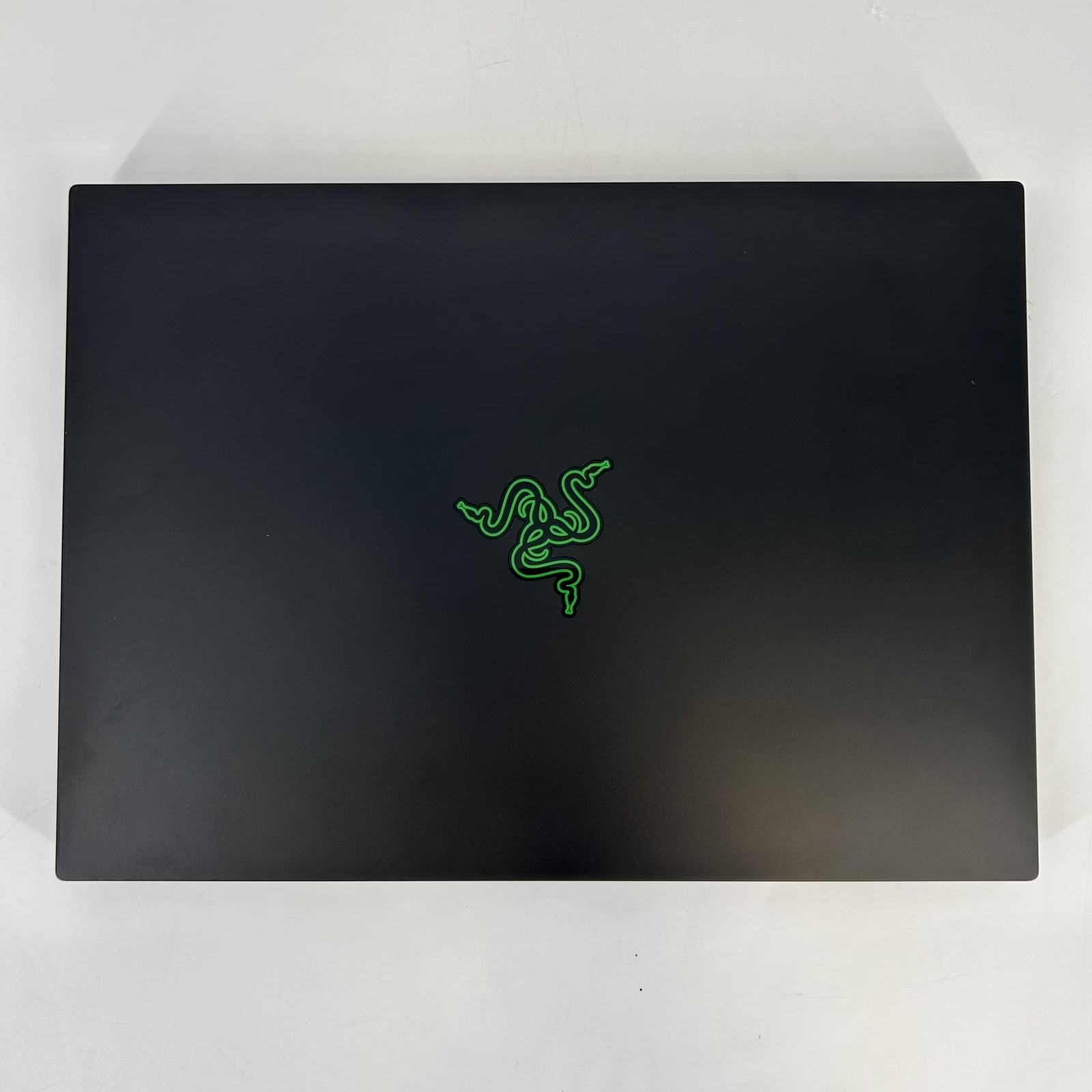

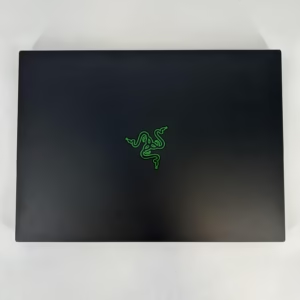

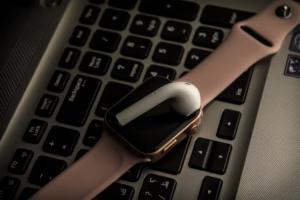
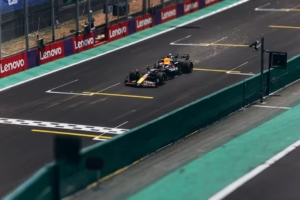
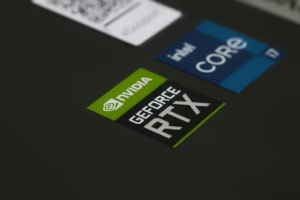





Post Comment